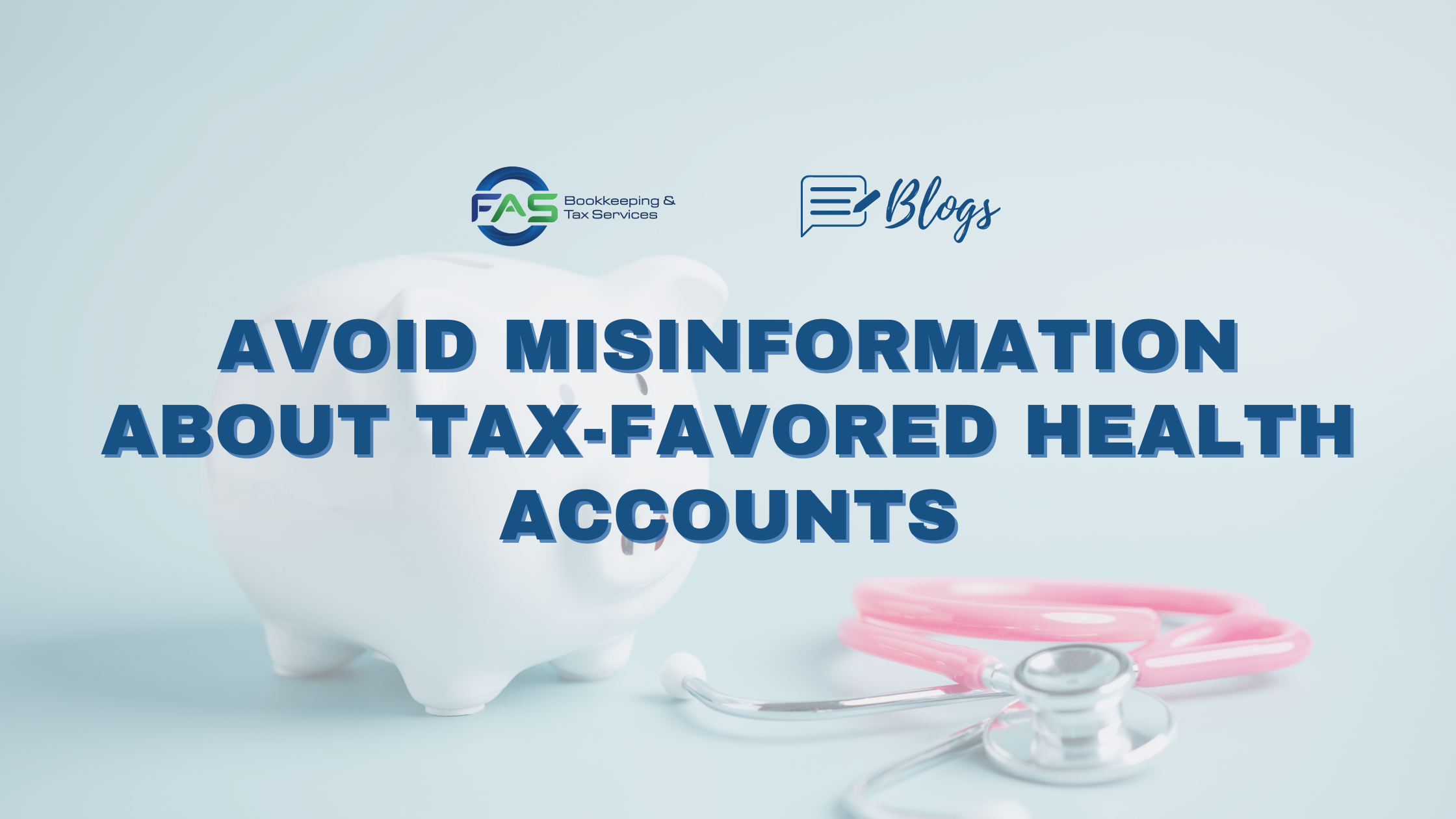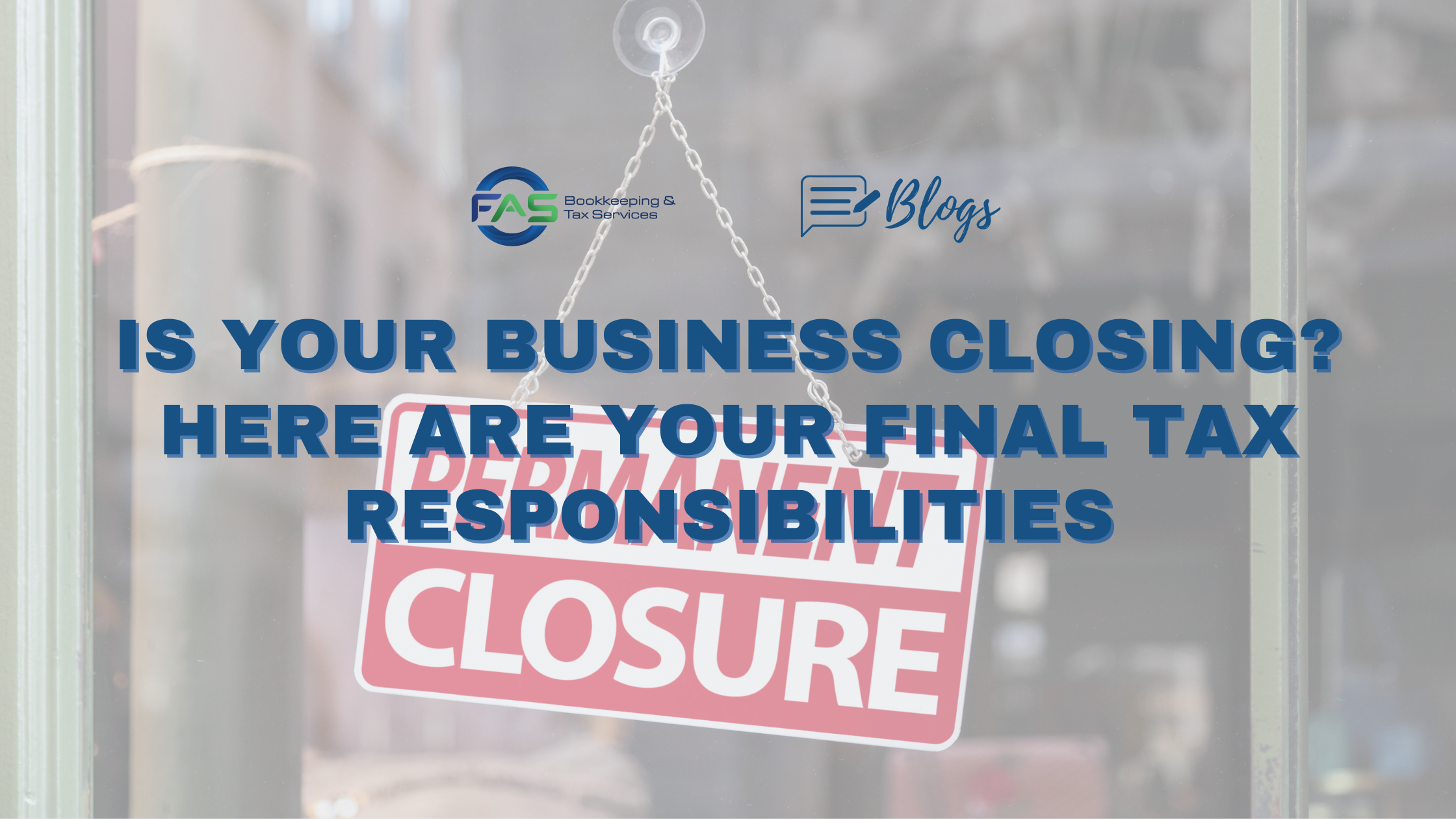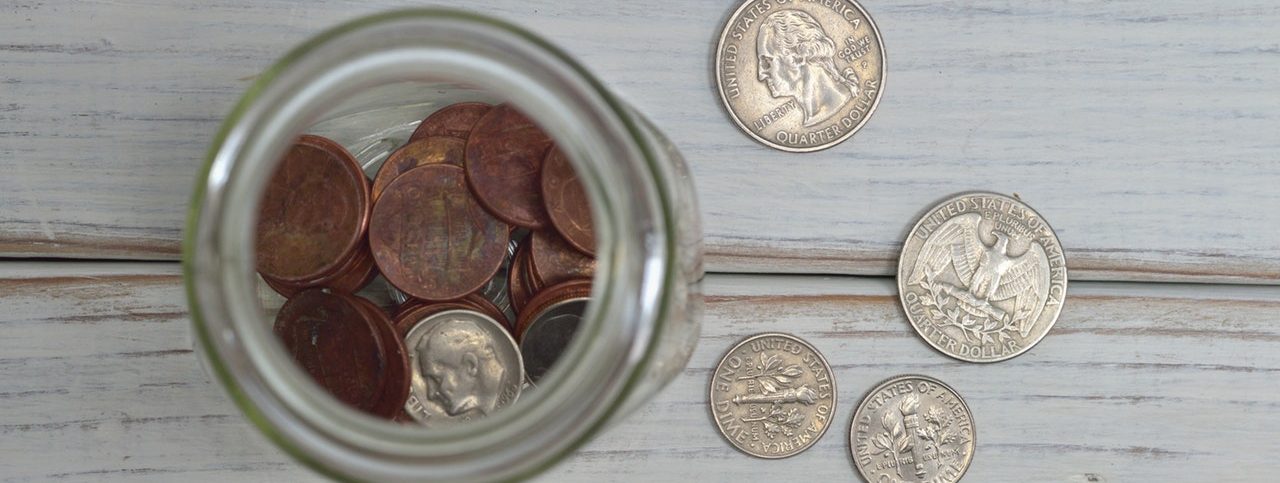You’ve no doubt heard the old business cliché “cash is king.” And it’s true: A company in a strong cash position stands a much better chance of obtaining the financing it needs, attracting outside investors or simply executing its own strategic plans.
One way to ensure that there’s always a king in the castle, so to speak, is to maintain a cash reserve. Granted, setting aside a substantial amount of dollars isn’t the easiest thing to do — particularly for start-ups and smaller companies. But once your reserve is in place, life can get a lot easier.
Common Metrics
Now you may wonder: What’s the optimal amount of cash to keep in reserve? The right answer is different for every business and may change over time, given fluctuations in the economy or degree of competitiveness in your industry.
If you’ve already obtained financing, your bank’s liquidity covenants can give you a good idea of how much of a cash reserve is reasonable and expected of your company. To take it a step further, you can calculate various liquidity metrics and compare them to industry benchmarks. These might include:
- Working capital = current assets − current liabilities,
- Current ratio = current assets / current liabilities, and
- Accounts payable turnover = cost of goods sold / accounts payable.
There may be other, more complex metrics that better apply to the nature and size of your business.
Financial Forecasts
Believe it or not, many companies don’t suffer from a lack of cash reserves but rather a surplus. This often occurs because a business owner decides to start hoarding cash following a dip in the local or national economy.
What’s the problem? Substantial increases in liquidity — or metrics well above industry norms — can signal an inefficient deployment of capital.
To keep your cash reserve from getting too high, create financial forecasts for the next 12 to 18 months. For example, a monthly projected balance sheet might estimate seasonal ebbs and flows in the cash cycle. Or a projection of the worst-case scenario might be used to establish your optimal cash balance. Projections should consider future cash flows, capital expenditures, debt maturities and working capital requirements.
Formal financial forecasts provide a coherent method to building up cash reserves, which is infinitely better than relying on rough estimates or gut instinct. Be sure to compare actual performance to your projections regularly and adjust as necessary.
More Isn’t Always Better
Just as individuals should set aside some money for a rainy day, so should businesses. But, when it comes to your company’s cash reserves, the notion that “more is better” isn’t necessarily correct. You’ve got to find the right balance. Contact us to discuss your reserve and identify your ideal liquidity metrics.




